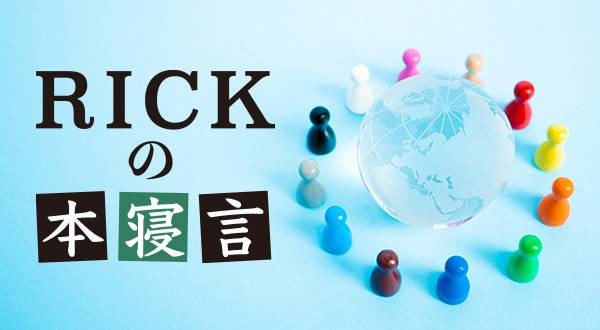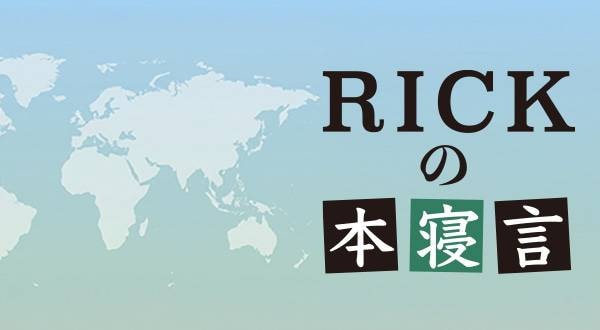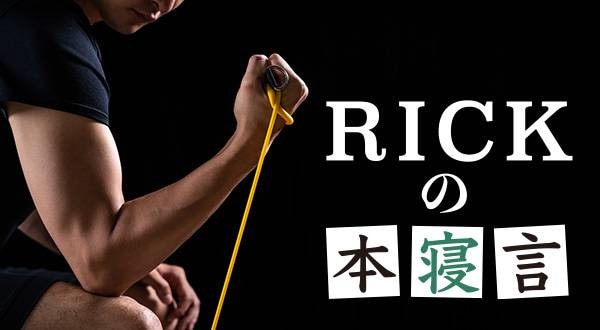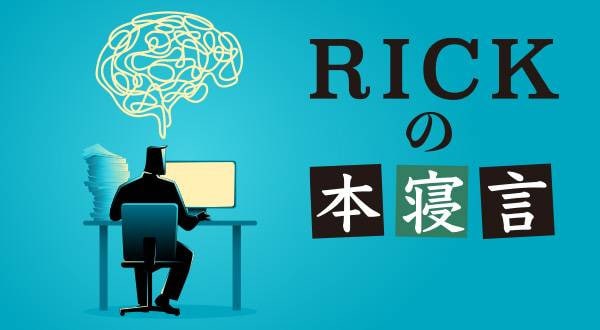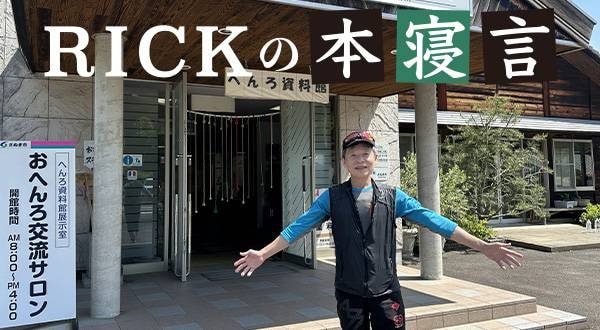When we talk about My Neighbor Totoro, it’s a masterpiece directed by Hayao Miyazaki and one of Studio Ghibli’s most famous animations. In the story, two young sisters visit a house where mysterious creatures live, discovering spirits! They encounter various strange creatures and unexpectedly form bonds with Totoro, who lives in the forest. This heartwarming film portrays interactions between children and spirits, showing that with mutual understanding, no matter how strange the creature, it’s not scary. Instead, they can become friends and trust each other.
As dreamlike as this story may be, it suddenly occurred to me that running a business today is like wandering through a forest like in My Neighbor Totoro. The world changes rapidly, and navigating through the unknown future feels like entering a world of spirits. Amidst this, there are encounters with various people. There are frequent exchanges with people from overseas, and internal staff interactions are also essential. In such a bustling environment, if hearts can connect and everyone can get along, there’s nothing better than that.
However, that’s an idealistic view, and reality is harsh. Often, people’s hearts are unreadable, and one may encounter individuals who think completely differently than they speak. Some people change drastically over trivial matters. There are also staff who constantly interpret things negatively and cannot stop negative thoughts. Occasionally, people hide their own medical histories or tell lies. Reflecting on these situations, it seems that today’s workplaces are teeming with various spirits. In other words, the daily forest is chaotic, and you never know whom you’ll encounter or what problems you’ll face. It’s truly a world of spirits, where sometimes you face spirits like monsters head-on. When that happens, what was once a beautiful forest can turn into a battlefield like Demon Slayer.
Thinking about such trivial matters on a Saturday morning makes me feel like my life has fallen into quite a state of decay. I shouldn’t have that kind of leisure. What about My Neighbor Tororo (word-playing with a Japanese adjective for ‘sluggish’, toroi)? Huh? Tororo? Right. Rather than having spirits like Totoro who understand and support you nearby, recently, it seems like there’s been an increase in laid-back, carefree sluggish people. If this is true, it could become a painful concern.
In today’s digitalized society, where information is rapidly shared and competitors are devising various strategies, it’s essential to respond promptly, decide on policies, and continually look ahead. Therefore, emails, chats, and the trend towards AI are appreciated. Not only can I instantly obtain the information I need, but as a company leader, I can also issue instructions promptly. Ideally, I hope that everyone takes action proactively without needing my instructions, swiftly reporting their results to me. By doing so, I can effectively utilize my time without wasting it. However, I’m keenly aware of how challenging it is to put this into practice these days.
In 2024, what is demanded of growing companies is a sense of urgency. In every aspect, making quick decisions and executing them is crucial. And if there are mistakes, correcting them immediately is a given. It’s important not to carry over tasks to the next day or postpone them, but to respond promptly to everything. By doing so, the workflow will become smooth, wastage of time will be minimized, resulting in everyone finishing their work quickly and returning home early to enjoy a delicious dinner. Yet, it seems that sluggish people who can’t take prompt actions are increasing. Why do many people become so sluggish? Why don’t they act immediately? Why do they postpone things? Why don’t they ask those who know how to do it? Are these traits characteristic of the laid-back generation?
The ‘laid-back’ generation refers to those in their late 20s to early 30s today. Unlike in the Showa era, they’ve grown up without any hardships, which may explain their high IT skills but low stress tolerance and lack of a pioneering spirit. Well, it might be natural for a generation that has grown up without any hardships. Moreover, I hear that the laid-back generation values their own ideas so much that they often clash with company policies. Therefore, it’s necessary to educate these people around me to become ‘Totoros’ who understand and support me. If so, what should I do?
To be honest, I don’t know the answer. It’s because society changes so fastly and drastically. Moreover, my thoughts as a member of the Showa generation may not easily align with the current thoughts of younger people, and there are fundamental differences in values towards life. In short, if I don’t change myself, it seems unlikely that others will change. Without giving up, I hope that someday Tororos will become Totoros.








